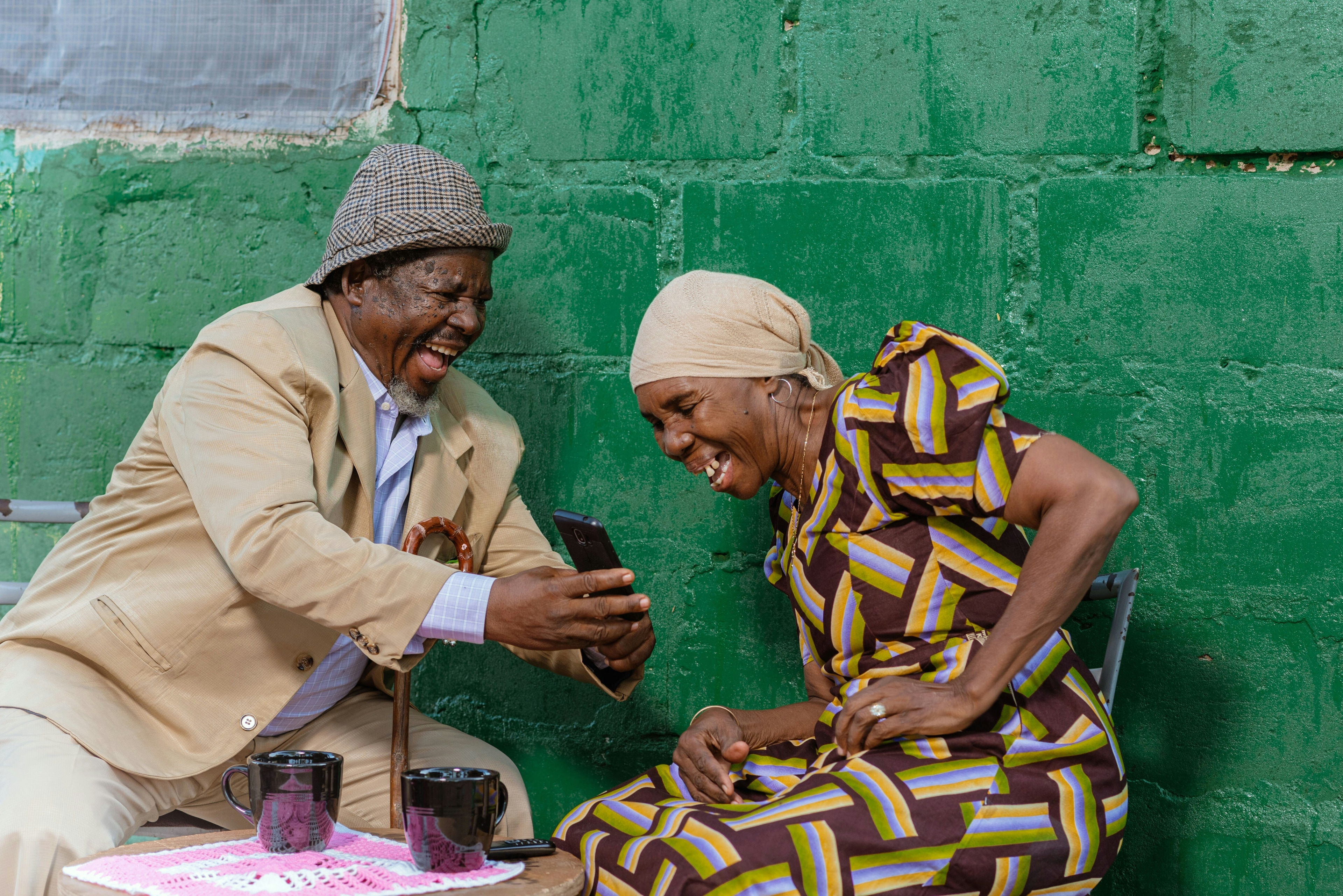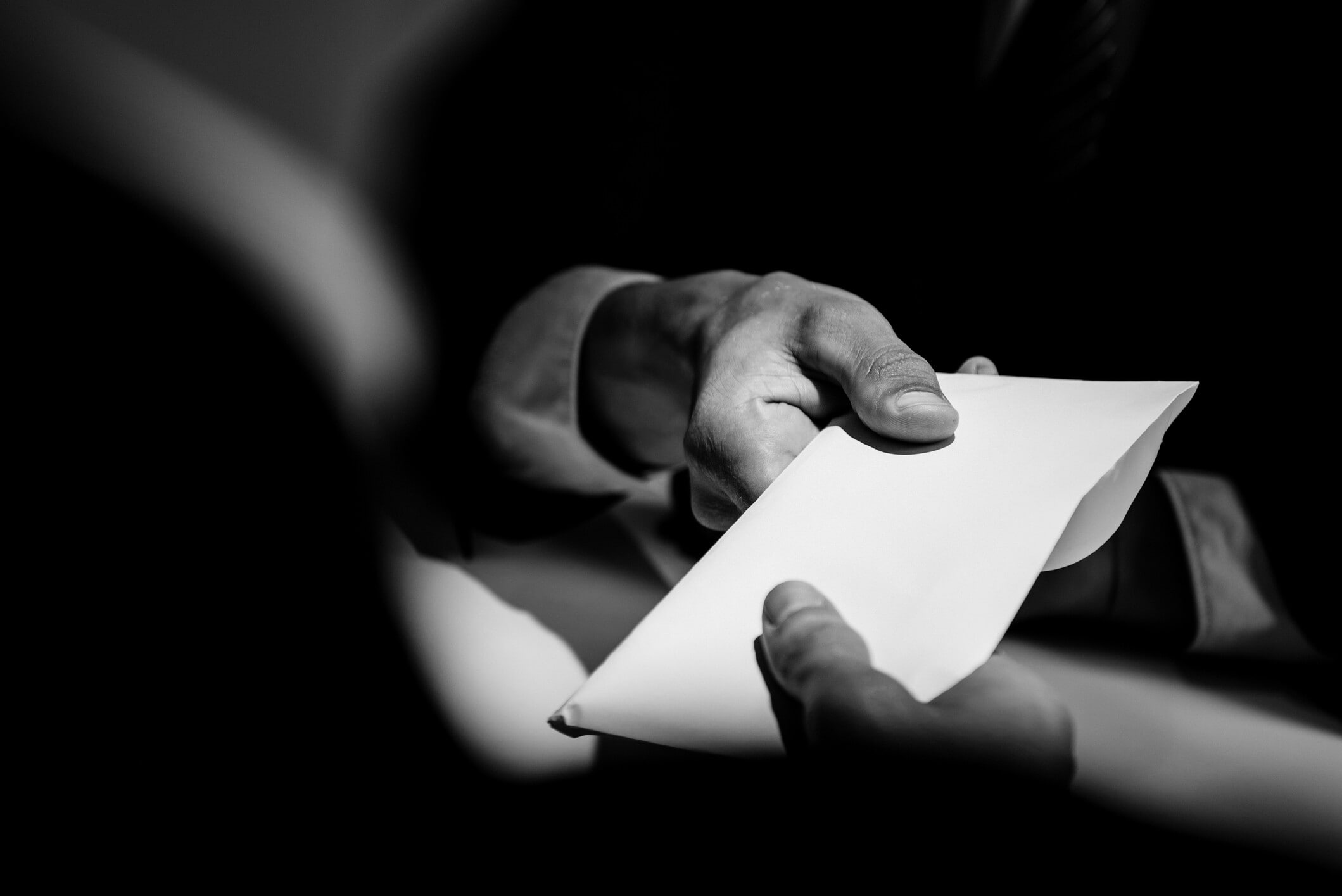South Sudan: ‘Horrendous human rights situation,’ says UN

"The latest stories emerging from the conflict-ridden country seem too shocking to be true" Image: REUTERS/Goran Tomasevic
Update: The number of refugees who have fled South Sudan for Uganda has now reached 1 million, according to the UN.
Nearly 4 million South Sudanese have been displaced both internally and to other countries since conflict began in 2013.
“The victims of this failure, so far, are the civilians,” UNHCR high commissioner Filippo Grandi said. “The civilians that we see around here. People that have left everything behind. Often women and children, without their men, to embark on an uncertain life because they are too afraid to stay back home in their villages which are affected by war.”
Uganda, which has been praised for its generous stance towards displaced people, received more refugees than any other country in 2016.
In December 2016, the UN Human Rights Commission warned that ethnic cleansing was taking place in South Sudan.
“The stage is being set for a repeat of what happened in Rwanda and the international community is under an obligation to prevent it,” said the commission chairperson, Yasmin Sooka.
South Sudan's President Salva Kiir has denied that ethnic cleansing is taking place.
The road to war
The news was greeted with jubilation: after decades of conflict in Sudan between the Arab-dominated north and the predominantly Christian, black south, South Sudan won independence in 2011. An overwhelming majority – over 98% – of South Sudanese supported the move, hoping it would put an end to Africa’s longest civil war.
Not even five years later, events took a dark turn. “I shared the world’s exhilaration in 2011 as South Sudan celebrated independence from Sudan and became the world’s newest nation. But now it’s difficult not to feel despair,” New York Times journalist Nicholas Kristof wrote recently.
The latest stories emerging from the conflict-ridden country seem too shocking to be true: children have been burnt alive, soldiers have been allowed to rape women in lieu of wages, and tens and thousands of people have been killed. It is, the United Nations said in a report, “one of the most horrendous human rights situations in the world”.
How did it go so wrong in such a short space of time, and can things yet be turned around?

A short-lived peace
It’s difficult to understand the events unfolding today without first going back to 2011, when the country seceded from Sudan.
Yohanis Riek, a Forum Global Shaper based in South Sudan’s capital of Juba, remembers exactly what he and his friends felt at independence: hope. “After over 20 years of guerrilla warfare, which claimed the lives of at least 1.5 million and forced more than 4 million to flee, we had high hopes for a prosperous and peaceful South Sudan,” he recalls. “We never expected that we would be journeying back into civil war less than three years later.”
But even from the beginning, away from all the celebrations, the fledgling nation had a huge set of challenges to overcome: rampant corruption, crumbling infrastructure, undisciplined tribal militias, ethnic conflict, and sky-high unemployment and illiteracy rates. At independence, a South Sudanese girl was three times more likely to die in childbirth than to learn how to read. An Al Jazeera documentary filmed at the time summed up what many people feared but few would admit: “Despite the outward optimism, it’s already clear that things are far from well.”
It didn’t help that those in charge of leading the new nation were widely seen as corrupt, nepotistic and with little regard for the rule of law. It quickly became apparent that they were not up to the enormous task of building a country from scratch. “After independence, the country’s leadership began to falter, and failed to meet expectations or deliver even basic services. We immediately lost hope in these leaders and their ability to guide South Sudan to a stable future,” Riek told us.
For a short while, in spite of all the challenges, the young nation managed to get by – with significant financial support from countries such as the US, and thousands of UN peacekeeping troops. But in December 2013, after a long-running political struggle between President Salva Kiir and his former deputy Riek Machar, who had been sacked a year earlier, violence erupted.
From political wrangling to ethnic strife
What started as a political showdown soon drew in the civilian population: “Horrific attacks on civilians began within 24 hours of the start of South Sudan’s new war. Thousands of civilians have been killed and large parts of key towns, including civilian infrastructure such as clinics, hospitals and schools, have been looted, destroyed and abandoned,” Human Rights Watch wrote in a report.
More worryingly, though, the violence took on an ethnic character. On the one side, the Dinka ethnic group aligned with President Kiir, on the other, the Nuer ethnic group rallied alongside Machar. Since the outbreak of violence, civilians have been targeted along these ethnic lines.
The developments were alarming enough for the African Union to send a fact-finding mission. Ten months into the conflict, it published its report, concluding that violence was being committed in a “systematic manner” and with “extreme brutality”.
The findings in that report make for a disturbing read. Rapporteurs uncovered evidence of “sexual and gender-based violence, mutilation of bodies, burning of bodies, draining human blood from people who had just been killed and forcing others from one ethnic community to drink the human blood or eat burnt human flesh”.
Even for a region with a long history of ethnic violence, these events were unprecedented: “While conflict is not a new phenomenon to South Sudan, the majority of those we met said that they have never seen the scale and nature of violations witnessed during this conflict,” the report concluded.
“The violence against the innocent must stop”
So far, the most innocent have been the hardest hit. In the summer of 2015, UNICEF warned of “unspeakable violence” being committed against children. According to reports from Human Rights Watch, children have been raped, murdered and forcibly recruited into armed groups. “In the name of humanity and common decency, this violence against the innocent must stop,” UNICEF implored.
But the repercussions go far beyond some of the most hard-hit regions. The fighting has made it difficult for farmers to plant crops, resulting in the world’s worst food crisis. Almost 25% of South Sudan’s population is in urgent need of food assistance, according to the FAO, and journalists have reported seeing people simply collapse of hunger after not eating for days.

Events outside South Sudan have aggravated an already difficult situation: “Before the war, South Sudan earned most of its money from selling oil. It accounted for 98% of government revenues. But since then production has halved … and with global oil prices having fallen, the government is not getting much for the barrels still being produced,” the BBC reported in the summer of 2015.
As the country becomes more and more unstable, the effects could spill beyond its borders: “It is undermining the stability of one of the most sensitive regions in the world” the United States Institute of Peace has warned.
The situation deteriorates
In August 2015, a peace deal was signed between President Kiir and the rebel forces. On paper, the deal seemed to contain all that was needed to create lasting peace. But in reality, it did little to stem the violence.
In fact, if anything, the situation just keeps deteriorating. This month, the UN released a report containing what they described as “searing” accounts of crimes against humanity and war crimes. The South Sudanese government is, the report states, operating a “scorched-earth policy, deliberately targeting civilians for killings, rape and pillage”.
What hope for peace?
If the key to understanding the conflict in South Sudan lies in the region’s history, so too does the search for peace. While the world is finally taking notice of events in the country, the situation has been bad for a long time, says Awak Bior, who helped set up Juba’s Global Shapers Hub. “The violence we’re hearing about now was taking place in less extreme forms as early as 2005, and hardly anyone spoke up. As a result, a pattern of impunity, revenge and acceptance of violence has built up.”
Bior is deeply concerned by the ongoing conflict, but she has not given up hope for lasting peace. “I’m always optimistic because for every wounded and destructive person I come across in South Sudan, I meet even more wonderful and dedicated people,” she points out.
Both she and Riek are working with other young South Sudanese on projects they hope will increase tolerance and destroy the culture of violence and impunity that has taken root. Riek and his friends have been organizing youth dialogues on the August 2015 peace agreement. Bior and a group of volunteers have been putting together plans to build a memorial in honour of those killed in the conflict. They know these actions are small, but they believe these and other initiatives show that many in South Sudan are determined to bring about peace.
“Just in my little circle, I know a good number of people of conscience making an effort to challenge the status quo,” Bior explains. “So thinking bigger and beyond this small number, such efforts will surely eventually come together and things will change some day.”
Don't miss any update on this topic
Create a free account and access your personalized content collection with our latest publications and analyses.
License and Republishing
World Economic Forum articles may be republished in accordance with the Creative Commons Attribution-NonCommercial-NoDerivatives 4.0 International Public License, and in accordance with our Terms of Use.
The views expressed in this article are those of the author alone and not the World Economic Forum.
Stay up to date:
Humanitarian Action
Forum Stories newsletter
Bringing you weekly curated insights and analysis on the global issues that matter.






